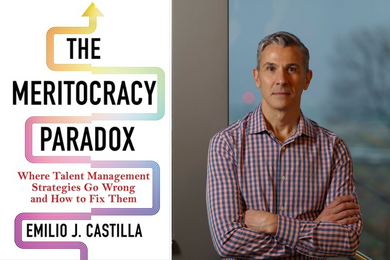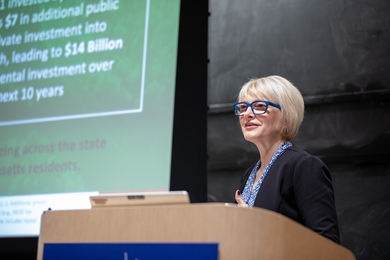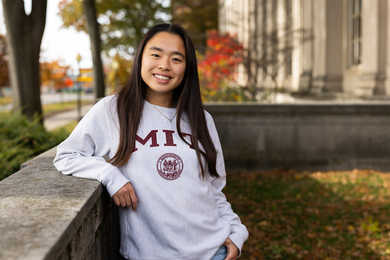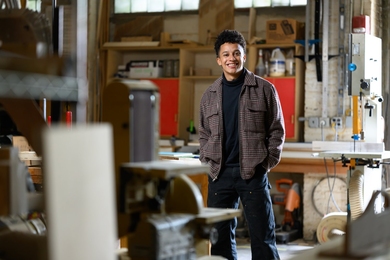The Council on Educational Technology and the Committee on the Undergraduate Program have invited members of the MIT community to submit preliminary proposals for grants to support projects that "enhance and potentially transform the [MIT] educational experience."
In a call for preliminary proposals distributed on Nov. 1, the CET and CUP listed the following areas of interest for the proposed projects:
- Educational impact of wireless portable computing--of particular interest would be projects that evaluate the impact of wireless where the curriculum includes a physically distributed element, and/or that evaluate the scalability of wireless initiatives
- Educational initiatives that. include alumni as key participants.
- Improvements in advising and mentoring.
- Initiatives that improve the first-year educational experience and the transition to the second year.
- Initiatives that increase the flexibility for new learning experiences on and off campus and enhance the opportunities to utilize national and global resources.
The two- to three-page preliminary proposal should explain the project's objectives and how it relates to the areas of interest and the criteria outlined above. A rough estimate of the budget should be included. Preliminary proposals should be sent by Dec. 21 to Joanne Straggas in Room N42-250G or by e-mail to joanne@mit.edu. For additional information, contact Straggas via e-mail or call x3-6322.
"MIT is in the midst of an exciting period of educational renewal and reform," said Dean of Undergraduate Education Robert P. Redwine, co-chair of CET and chair of the CET grants committee. "A number of enterprising pilot projects are underway this year through the resources made available by way of a combination of d'Arbeloff grants, Project iCampus resources, other alumni funds and school support. The CET and the CUP are anxious to build on the momentum established by these early successes and by the energy and ideas of faculty, students and staff."
The preliminary proposals will be reviewed by the CET grants subcommittee. Applicants who pass the screening process will be invited to submit final proposals, due in February. Awards will be announced in time for work on projects to begin in late spring or early summer.
Winning projects will be supported by the Alex and Brit d'Arbeloff Fund for Excellence in Education, whose resources are earmarked primarily for faculty-led initiatives. CET and CUP in their letter encouraged non-faculty--including students, student groups and staff--to submit proposals "which can lead to further discussions about appropriate faculty involvement."
A version of this article appeared in MIT Tech Talk on November 28, 2001.





